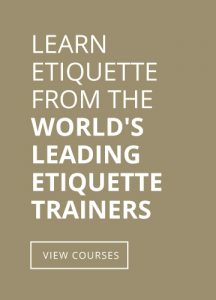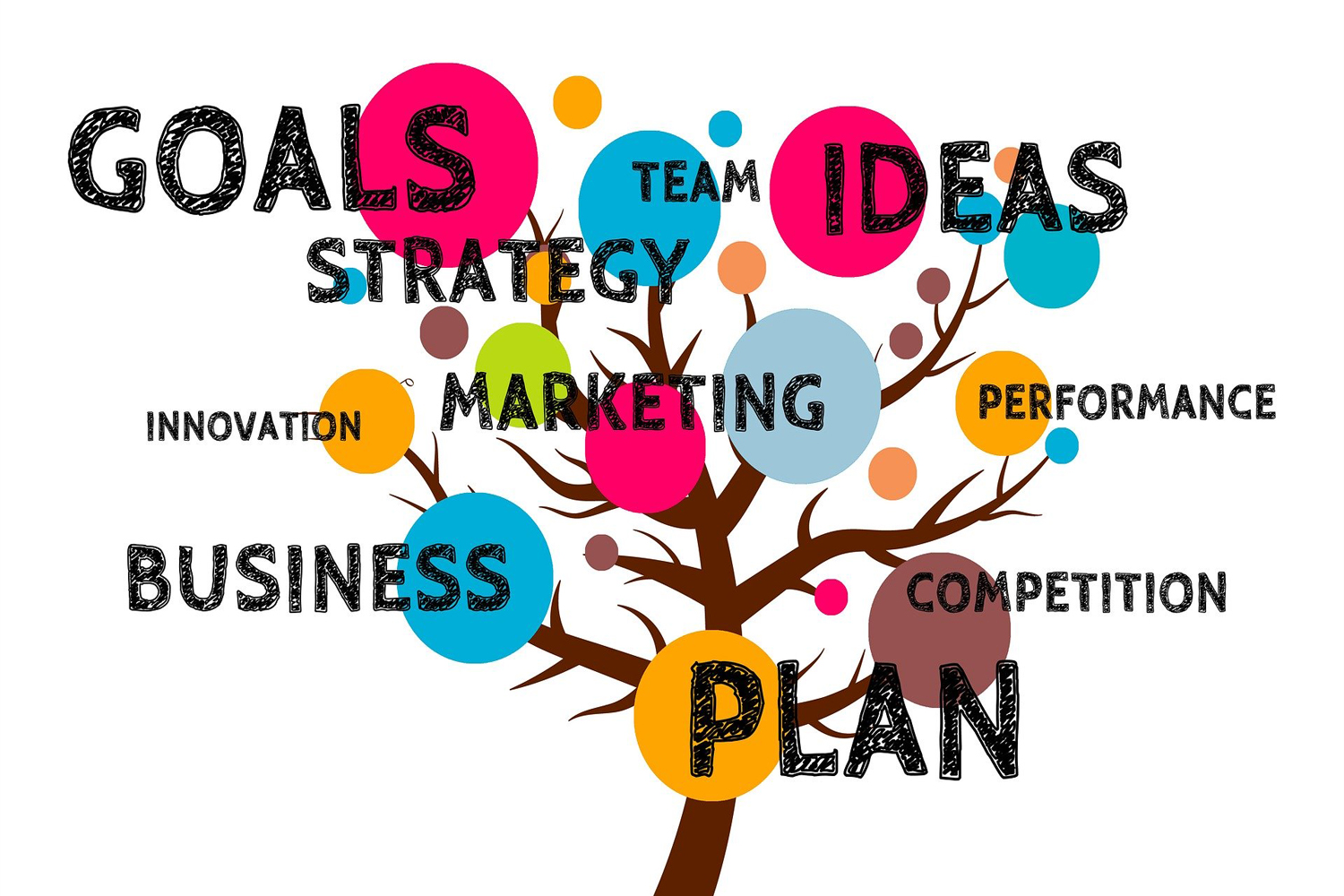STRATEGIZING SKILLS THAT NEED FOCUS TO NAVIGATE THROUGH COVID-19
September 25, 2020
The pandemic has proven to be a very grave and depressing time for everyone around us. People are losing their jobs and businesses. It is important for each and every one of us to be equipped with the right set of skills to survive these grievous times and to be prepared for a world after it. Along with the new world, newer job opportunities will emerge and we will find it necessary to possess a different set of skills to function.
These skills are tools that will help you beat the competition and secure a better job or attract opportunities or simply help you survive this crisis easily. A report by Deloitte Access Economics considers two thirds of all jobs by 2030 will be made up of soft skill intensive occupations. Therefore, it is of utmost importance to develop and update your skill set. Given below are 10 tools that will help you efficiently navigate through and after COVID-19.
1. EMOTIONAL INTELLIGENCE:
Emotional Intelligence can be defined as the ability to understand, evaluate and manage your emotions as well as to reciprocate and empathize with the emotions of those around you. There are 5 components of Emotional intelligence.
? Empathy: Being empathetic simply means being aware of the feelings and emotions of the people around you. It is the power of looking at people’s experiences as your own and perceiving them in a way that the person experiencing the crisis would.
? Self awareness: Self awareness is being fully aware and enlightened about your feelings, strengths, weaknesses, values, virtues and ambitions.
? Self Regulation: Self Regulation is the ability to control and appropriately redirect your emotions and impulses depending on the situation. It helps you deal with change and control your feelings in sticky situations.
? Motivation: Being motivated simply means being driven in a way that enables you to achieve all your goals and ambitions.
? Social skill: Social skill means having the ability to manage, maintain and enable your relationships to move towards a desiderate goal or direction.
2. COMMUNICATION SKILLS:
Communication skills are one of the most important skills that you would need to learn. It is the ability to express oneself and understand others to produce a greater degree of understanding between all parties using your verbal engages, body language, visual representations and written media. It helps you build healthy relationships, expressing your feelings, persuading people, giving precise instructions, following etiquette and preventing misunderstandings. There are multiple ways in which you could enhance your communication skills:
? Be an active listener: Listening is an art. You can succeed at becoming a good communicator only if you practice active listening. Pay attention to people when they talk. Take account of the tone and body language. This will help you understand what they enjoy, what fascinates them, what they’re passionate about and what puts them off.
? Ask questions: Don’t forget to ask questions. This not only makes them feel important but also helps you understand them better. It reduces misunderstandings and strengthens the relationship with the individual.
? Use your body language: Body language is more important that we think it is. Maintaining eye contact with the person you’re conversing with, using hand gestures (this may differ with respect to different cultures), and watching the tone of your voice simply allows a person to feel more relaxed and comfortable while talking to you. Be careful while maintaining eye contact with a person. Make it a point that you do not stare at them because this may lead them to feel uncomfortable.
? Speak to the point: Nobody likes a person wasting their time. Keep your conversation to the point and avoid making any unnecessary conversations. This may confuse the listener or simply cause them to zone out of the conversation. Be confident and use as little words as possible to convey your message.
? Respect people: Display your respect by paying attention to a person when they talk without distracting yourself. Refrain from using your phone while someone is talking to you and excuse yourself if you need to use it urgently. Remember people’s names and use it to address them. Respect people’s opinions and views even if they contradict your own.
3. RESILIENCE:
Each and every one of us has experienced failure, setbacks, difficulties or has been a victim of a traumatic experience. When trouble knocks at our door, we fight and come back stronger than before. This is known as resilience. It is important to learn to deal with failure, heartaches and trauma and not let it get the better of us. A few strategies that could help you become more resilient are:
? Maintain healthy habits like exercising, getting an adequate amount of sleep and eating healthier.
? Nurture relationships with your loved ones and talk to someone you trust while facing an emotional crisis.
? Don’t blame others for your shortcomings. Instead, analyze, evaluate and learn from your mistakes.
4. POSITIVE ATTITUDE
You need to maintain a positive attitude in order to achieve anything! A positive attitude will simply lead you to success, help you maintain better relationships and improve your overall quality of life. A few ways to develop a positive attitude are:
? Read positive books or listen to positive audiobooks, podcasts or music to overload your brain with positivity.
? Eat healthy and exercise often. This helps you create a more positive image of your body for yourself and therefore boosts your confidence.
? Don’t criticize yourself or say negative things to yourself. Your subconscious mind listens and latches on to everything you say.
? Surround yourself with positive people.
? Learn to express gratitude even towards the smallest of things in your life.
5. CONFIDENCE
Confidence is one of the most important tools you could possess. It helps you manage your fears, maintain a positive mental health, excel at your work, accomplish your goals, attain peace and happiness and be more relaxed at social settings. A few ways to achieve enhanced confidence are:
? Face your fears.
? Step outside your comfort zone.
? Surround yourself with the right peers.
? Find a mentor.
? Get plenty of exercise, rest and make healthier food choices.
? Do your homework.
? Take some time to unplug and relax.
6. LEARNING NEW SKILLS
There is never a wrong time or a wrong age to upscale or upgrade yourself. Learning is a continuous process and you should make sure you’re an active part of it.
? Find time to learn to do things you never did before.
? Explore newer skill requirements in the market and equip yourself with those skills.
? Read more books.
7. TIME MANAGEMENT
Time management means organizing your day in order to achieve your personal and professional goals and therefore find the best use of each minute of your time. You can achieve so by doing the following:
? Plan your next day every evening.
? Be more productive.
? Spend more time doing what you love.
? De-stress.
8. CURIOSITY
Just like little children, always ask ‘why?’. Why? Because curious people are proven to be happier people. Being curious means having a desire to constantly learn and discover new and different things. There are several benefits and rewards on being curious. You come across new and exciting insights about various insights of life. It helps you expand your empathy, strengthen your relationships and boost your achievements. Curiosity helps you gain a larger amount of interest in what you do and enables you to put in greater efforts into it. So, never refrain from asking questions.
9. DISTRESS MANAGEMENT
Distress is unpleasant and makes you feel hopeless, helpless, angry, out of control, anxious and depressed. Especially during the pandemic, it is of utmost importance that each and every one of us learns to manage these feelings effectively. Ways to manage your distress are:
? Talk to a loved one and seek their emotional support.
? Trust yourself and your body.
? Soothe and calm yourself down by using techniques like guided meditation and yoga.
? Try to distract any negative thoughts that occur in your brain.
10. BEING BENEVOLENT
Being Benevolent means bringing about a sense of respect, love and interconnection between yourself and others around you, leading to enhanced levels of happiness and peace. Practicing the art of benevolence could bring a greater good to the society as well as to our personal lives. You can perform simple acts of kindness everyday.
? Donate bags of grain to the needy.
? Hold the door for someone.
? Listen to someone in distress.
? Thanking people and smiling at them.
? Offering your seat to someone who needs it more than you do.
Using these tools, you can upgrade to the best version of yourself and battle against these tough times with enormous competition more efficiently while improving your quality of relationships and life as a whole.



Leave a Reply